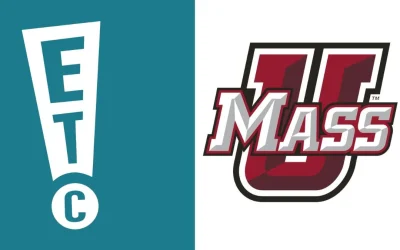The Fan Freedom Project (FFP), the consumer advocacy group that fights against the use of restrictive paperless tickets, has also come out against the use of software “bots” that deprive regular ticket buyers of fair access to tickets.
These types of software programs surreptitiously bypass internet security protocols to quickly procure large blocks of tickets, and they have been used by some brokers to gain an advantage in buying highly sought after tickets.
To call attention to its opposition of such programs, the FFP recently amended its Fan Bill of Rights to include a passage about bots. The group launched the Facebook initiative in April to drum up grass roots support for its original fight against restrictive paperless tickets:
We the fans of music, sports and theater, in order to protect our basic rights as ticket buyers and patrons of live events, demand from our leaders that these protections be written into law:
– That all tickets, printed or paperless, be transferable without additional fees or undue hardship.
– That venues and the companies that sell tickets publish in advance of an event the percentage and number of tickets to each event made available to the general public.
– And that we the fans fully own the tickets we buy – not a “license to attend” at the discretion of Ticketmaster, sport teams, promoters or venues.
– We have the right to buy event tickets without unfair competition from automated ticket-buying software, known as bot programs, which jump the line.
Fairness, transparency and protecting fans are the hallmarks of the FFP, and strategically by coming out strongly against bots, the FFP is aligning itself with close to a dozen states that have banned the use of bots in recent years. The move also makes it more difficult for Ticketmaster — the chief proponent of restrictive paperless tickets — to criticize the group. At the time of the group’s launch, outspoken Ticketmaster CEO Nathan Hubbard blasted FFP sponsor StubHub for its ties to the group.
The above amended items clarified and expanded upon the covenants in the group’s initial Fan Bill of Rights:
1. Our tickets are our property. We buy them; we own them.
2. We have the right to sell or share our tickets – with friends, family, or anyone else – in any way we choose and at any price we choose.
3. We have the right to know how many tickets are available to the public, and how many are held back for VIPs and other special customers.
The use of bots was at the heart of the recent Wiseguy Tickets federal criminal case, where the defendants employed the programs to buy premium sports playoffs tickets, as well as tickets to shows by Kenny Chesney, Bruce Springsteen, Barbara Streisand and others. The three defendants in the case were sentenced to probation earlier this month.
“Whether it’s Katy Perry, or other artists, holding back seats to personally resell them for higher prices, or the ‘Wiseguys’ ticket buying group convicted of using illegal software to buy and resell tickets – these unfair practices cut out fans from seeing our favorite bands and teams,” FFP President Jon Potter said in an email to supporters.
More than 460 fans have signed the new Bill of Rights on Facebook, and the group has attracted more than 10,000 members since its launch in February.
“Our motto is ‘you bought it, you own it,’ and we’ve fought hard to protect your right to control your ticket. But it’s all for nothing if fans can’t even buy tickets in the first place,” Potter said.



